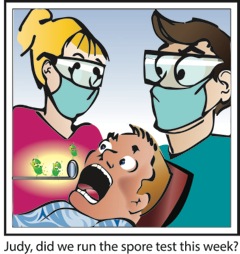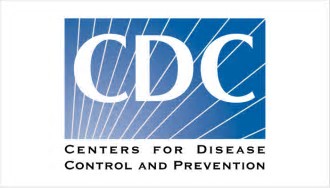Effective sterilization is essential to protecting patients and staff in the dental setting. Biological monitoring,…
CA Dentists: New Law Requires Additional Anesthesia Documentation
In September 2016, California Governor Brown signed Assembly Bill (AB) 2235, also known as Caleb’s Law, into law. Caleb was a six-year old who died in 2015 from complications sustained during dental treatment while under general anesthesia. AB 2235 covers pediatric dental sedation and has three main provisions, which became effective on January 1, 2017.
- DBC Recommendation Report: The Dental Board of California (DBC) was mandated to submit to the California Legislature a report with recommendations on whether current statutes and regulations for the administration and monitoring of pediatric anesthesia in dentistry provide adequate protection for pediatric patients. The report is currently posted on the DBC’s website. Additional legislation related to pediatric dental sedation is expected this year in response to the DBC’s
- Dental Licensee Adverse Event Reporting: The new law expands the definition of unprofessional conduct to include failure to notify the DBC within seven days about an adverse event relating to dental sedation, requires the DBC to approve a form or forms for the reporting of adverse event information (which is not yet available), and authorizes a penalty for failure to report information to the DBC.
- Informed Consent Requirement: Also added to the definition of unprofessional conduct is the failure of dental practitioners to obtain the written informed consent of mandatory language from a minor patient’s parent or guardian prior to administering general anesthesia or conscious sedation. The mandatory language must include at a minimum:
“The administration and monitoring of general anesthesia may vary depending on the type of procedure, the type of practitioner, the age and health of the patient, and the setting in which anesthesia is provided. Risks may vary with each specific situation. You are encouraged to explore all the options available for your child’s anesthesia for his or her dental treatment, and consult with your dentist or pediatrician as needed.”
A Note about Informed Consent… The California Dental Practice Act does not specifically require informed consent for general dental treatment, except in cases of general anesthesia and conscious sedation [Section 1682(e)(1-3)]. However, through disciplinary actions, the DBC has considered failure to obtain informed consent negligent or grossly negligent in many cases for general dental treatments. Contact your dental liability insurance carrier for specific recommendations and information on informed consent.
Since 1992, OSHA Review, Inc. has provided dental professionals with comprehensive programs to support regulatory compliance and infection control. We are a registered continuing education provider in the state of California, specializing in Dental Practice Act, infection control, and OSHA training.



